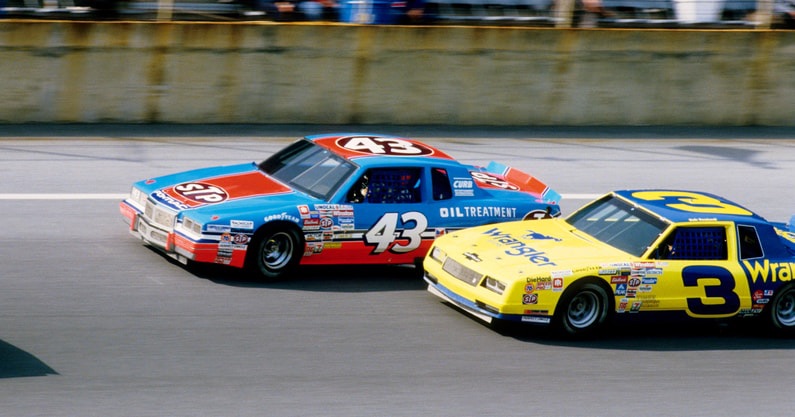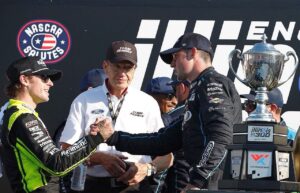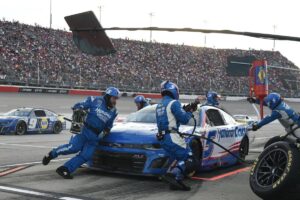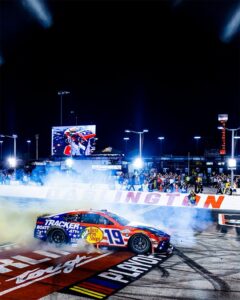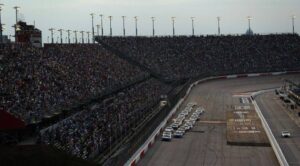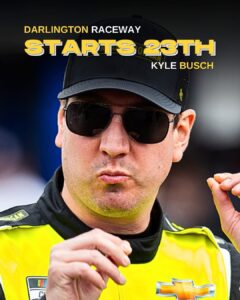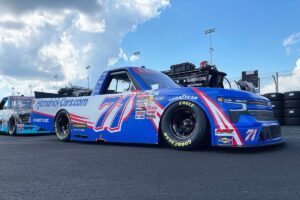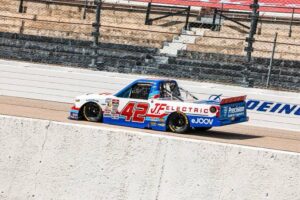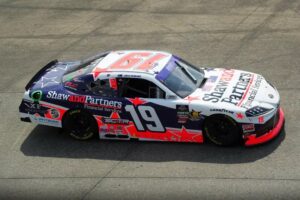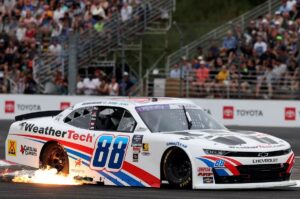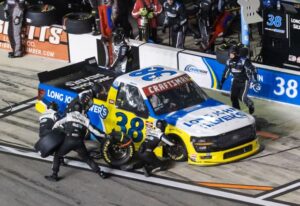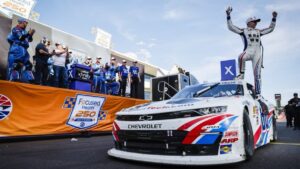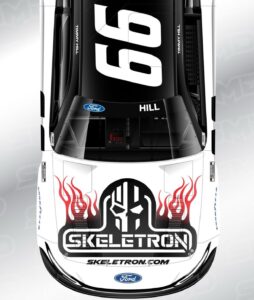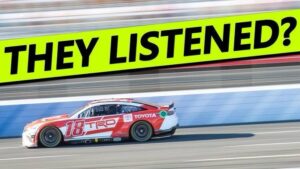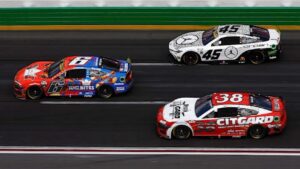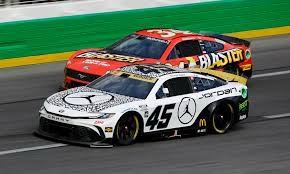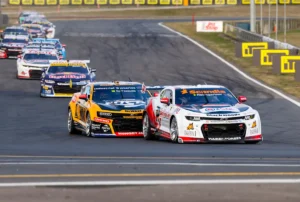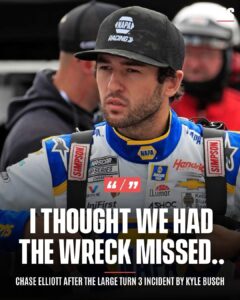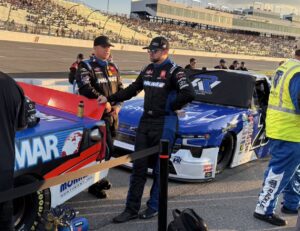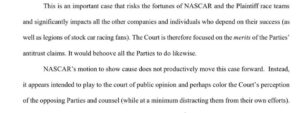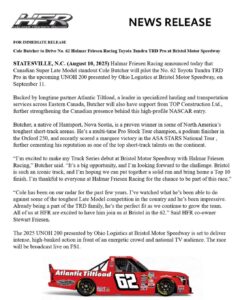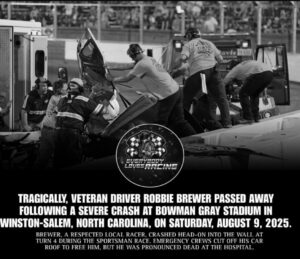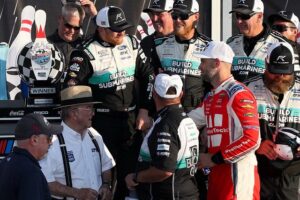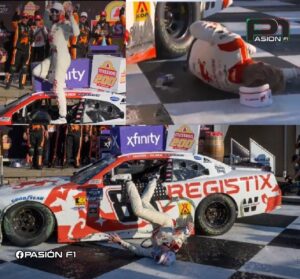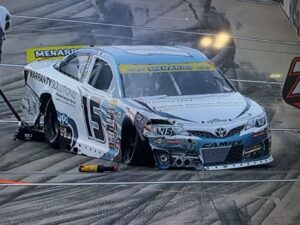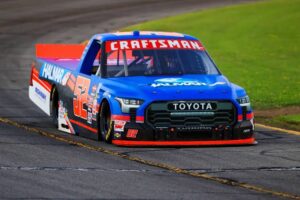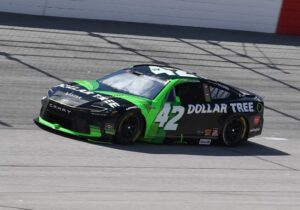A bold statement from a NASCAR insider has reignited a heated debate in the racing world: how does the legacy of Richard Petty—the “King” of NASCAR—stack up against the achievements of modern-era drivers? The remark has sparked conversations among fans, drivers, and analysts, questioning whether Petty’s dominance during his career truly holds up against the stiff competition of today.
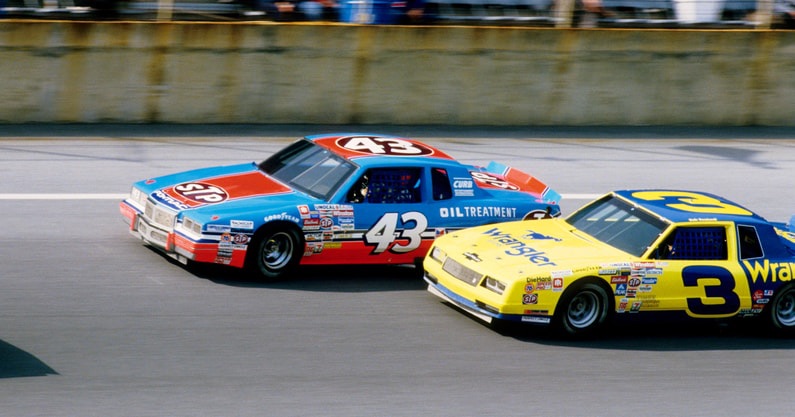
The Insider’s Provocative Claim
The controversy began when a well-known NASCAR commentator, speaking on a recent podcast, suggested that Petty’s record-setting 200 career wins and seven championships, while impressive, might not translate to greatness in the modern era of NASCAR.
“Richard Petty is a legend, no doubt, but the context matters,” the insider stated. “Most of his wins came in an era with less competition, fewer full-time teams, and a completely different level of parity compared to today. Could he achieve those same numbers against the drivers and teams we see now? That’s the real question.”
The comments have been polarizing, with some fans agreeing that comparing eras is tricky, while others see the statement as a slight to one of NASCAR’s most iconic figures.
Petty’s Era: Dominance and Circumstance
Richard Petty’s career spanned from 1958 to 1992, during which he became the face of NASCAR. He amassed a staggering 200 wins, a record that remains untouched, and claimed seven championships, a feat later matched only by Dale Earnhardt and Jimmie Johnson.
However, critics argue that Petty’s success came in an era when fields were smaller, the competition was less consistent, and mechanical reliability played a larger role in race outcomes. Many of Petty’s victories came against part-time drivers and underfunded teams, particularly in the early stages of his career.
For example, in 1967, Petty won a remarkable 27 races in a single season, including 10 in a row—a record unlikely to be broken. But detractors point out that the NASCAR schedule included 48 races that year, and several of those events featured fewer than 20 competitive cars.
The Modern Era: Parity and Pressure
In contrast, today’s NASCAR is marked by unprecedented parity, with rules designed to equalize competition among teams and manufacturers. Modern drivers face fields of 36-40 cars, most of which are backed by elite teams and well-funded organizations. The Next Gen car has only heightened this level of competition.
Drivers like Jimmie Johnson, Kyle Busch, and Kevin Harvick have all achieved incredible milestones under these challenging conditions, often racing against the strongest fields in NASCAR history. Critics of Petty’s legacy argue that his record-setting stats would be impossible to replicate in today’s era of intense competition.
“Winning in today’s NASCAR requires consistent perfection against the best of the best,” said one current driver who chose to remain anonymous. “That doesn’t diminish what Richard Petty accomplished, but it does put it into perspective.”
Defending the King
Not everyone agrees with the criticism of Petty’s era. Many fans and drivers have come to his defense, arguing that Petty’s success is timeless and that he helped lay the foundation for NASCAR’s growth into the sport it is today.
“Every era has its challenges, and Richard Petty dominated his,” said Dale Earnhardt Jr. in a recent interview. “You can’t hold it against him that he raced in a different time. He did what great drivers do: win races and championships at an unmatched level.”
Seven-time champion Jimmie Johnson also weighed in, saying, “It’s unfair to compare eras directly. Richard Petty is great because he defined greatness for his time. Without him, NASCAR wouldn’t be where it is today.”
Fan Reactions and the Legacy Debate
The insider’s comments have drawn mixed reactions from fans on social media. Some agree that Petty’s dominance must be viewed in context, while others argue that his influence and achievements are untouchable, regardless of the era.
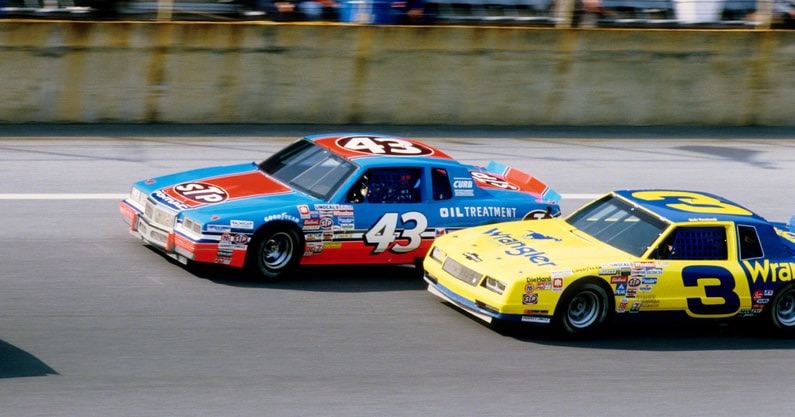
One fan wrote, “Petty raced in a time when you had to build your own cars, travel to races, and compete week after week. That’s greatness no matter how you look at it.”
Another countered, “Today’s drivers are competing against deeper fields and tougher conditions. Petty wouldn’t have won 200 races in this era, and that’s just the truth.”
A Legacy That Transcends Eras
While debates about Richard Petty’s greatness are unlikely to be resolved, one thing remains certain: his impact on NASCAR is immeasurable. Whether or not his accomplishments would translate to the modern era, Petty’s influence on the sport’s growth and popularity is unmatched.
As the conversation continues, it serves as a reminder that every era of NASCAR has its own challenges, heroes, and legends. Comparing them may never yield a definitive answer, but it underscores the richness of NASCAR’s history and the enduring legacy of its most iconic figures—including the King himself.
